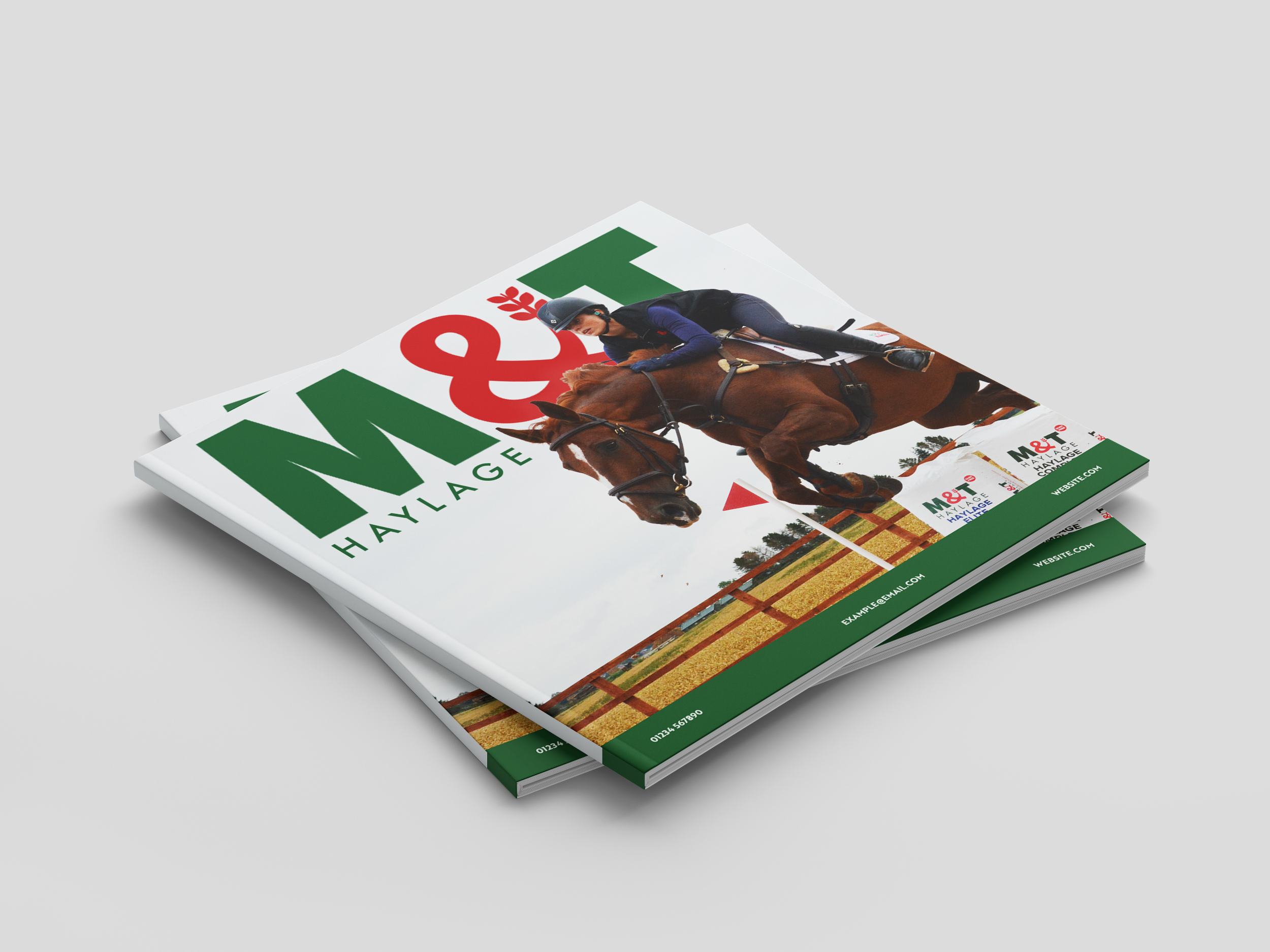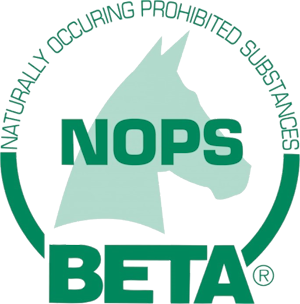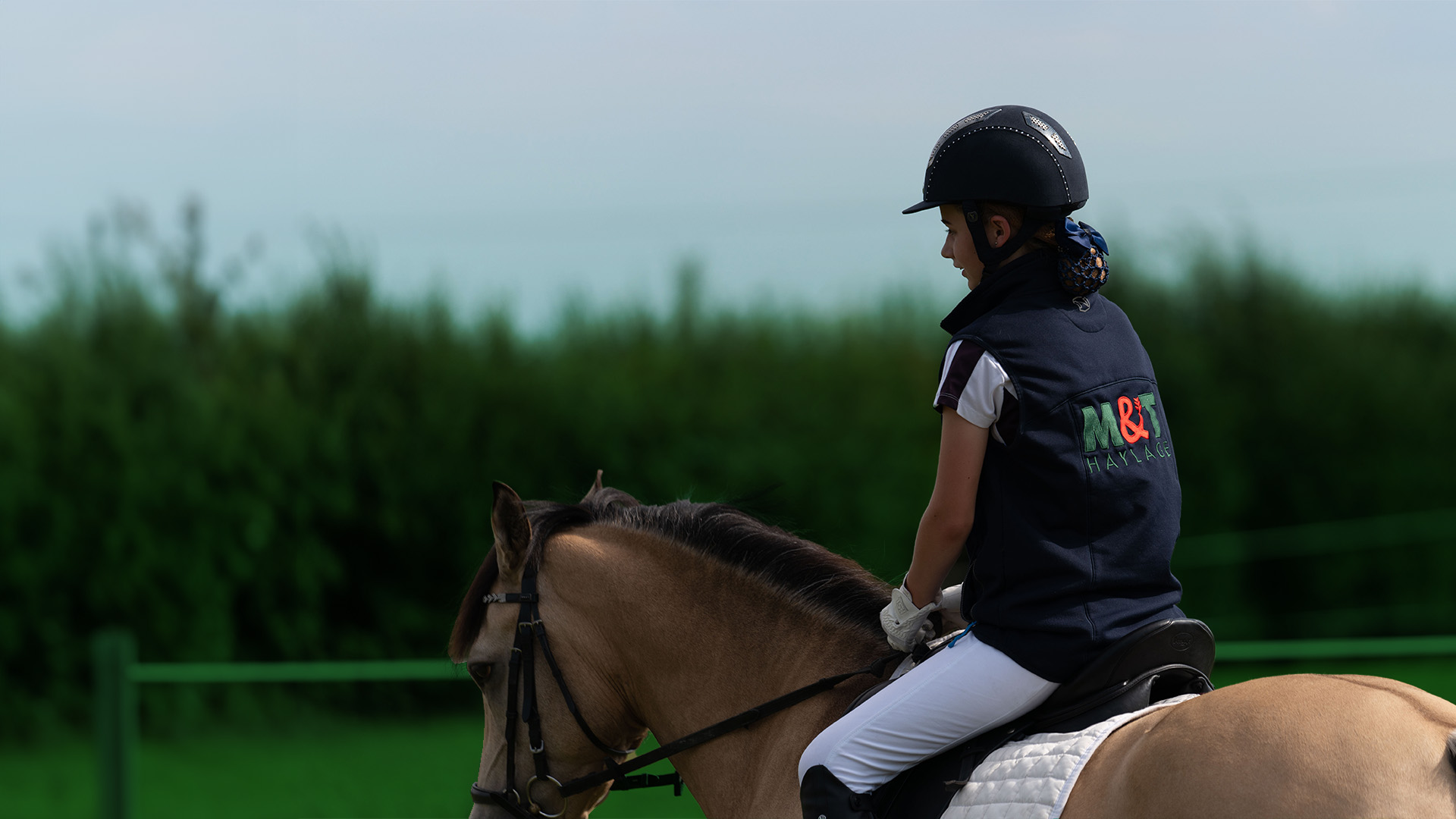
Our Blog
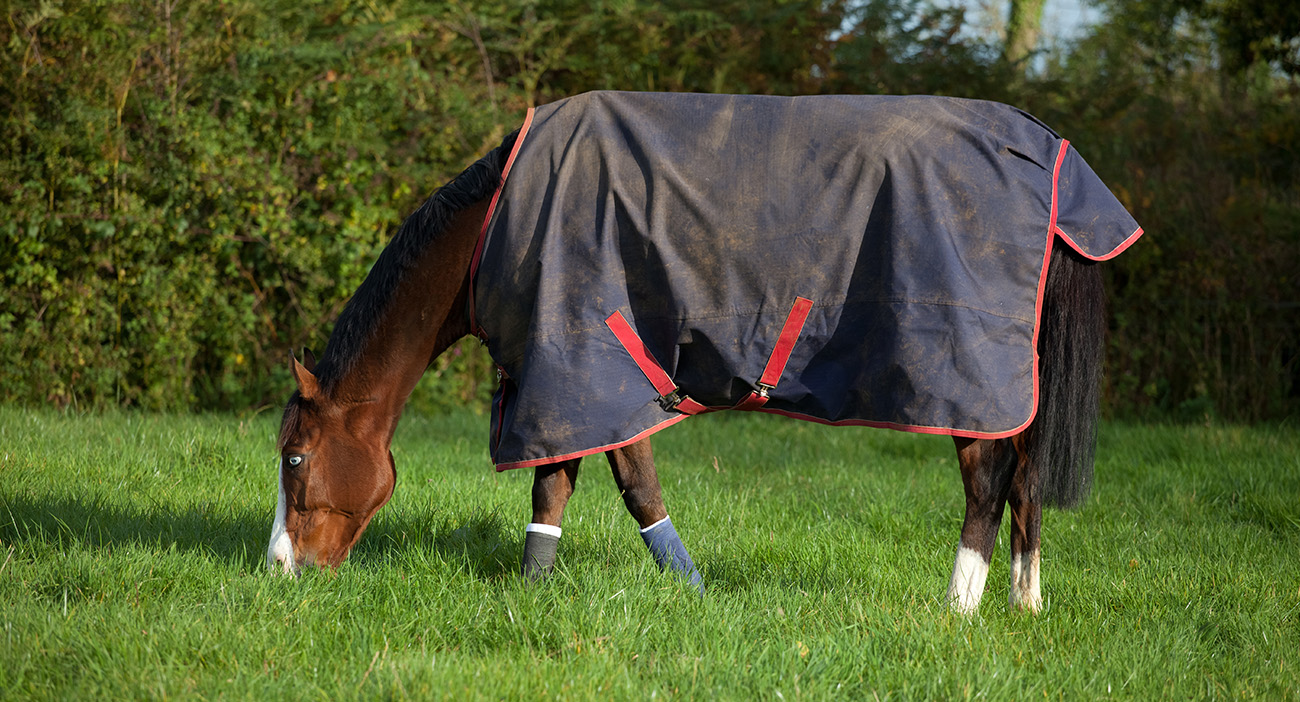
July 9, 2020
Top Tips For Managing Forage For Horses On The Go: Part One
Whatever discipline it is you are aiming at, as we move from one competition to the next, it is key to consider what worked and what didn’t and try and put into place key changes to make the next competition or next competition season even better than the last. When it comes to feeding and feed management for the performance horse, particularly when that involves travel, there are some key areas to consider. We will be considering a few of these in detail over the coming weeks.
Know Your Horse Inside Out
It may sound obvious but the better you know your horse, the more likely you are to notice when something’s not quite right and this definitely applies when it comes to feed management. Knowing your horse’s typical forage and water intake at home and when competing away can make all the difference when it comes to performance gains.
Consistency In Horses Is Key
When it comes to forage and concentrate feed, maintaining consistency is essential. Where possible take forage with you or identify a stockist nearby where you can source your chosen M&T product. Where this is not possible, take as much as you can to allow for a reasonable change over when you arrive.
Don’t Underestimate The Value Of Preparation
This comes down to knowing what’s normal for your horse so you can identify a potential problem (whether this is reduced water or forage intake while travelling or staying away) ahead of time and come up with a solution or strategy to cope with these challenges. Ensure any new feeds that you may need to use have been introduced well ahead of time, maintaining a small amount in the daily ration means that the digestive system should be adapted to this product should amounts be increased when needed (still aim to make these increases gradual where possible).
Manage Your Horses Forage: On The Go
For most, travelling to and from competitions is an integral part of the competition season. It is also a key opportunity for dehydration, stress and potentially a period of reduced or completely suspended forage intake. Knowing how well your horse travels and monitoring his forage intake can again provide essential feedback for areas where feed management can be improved going forward.
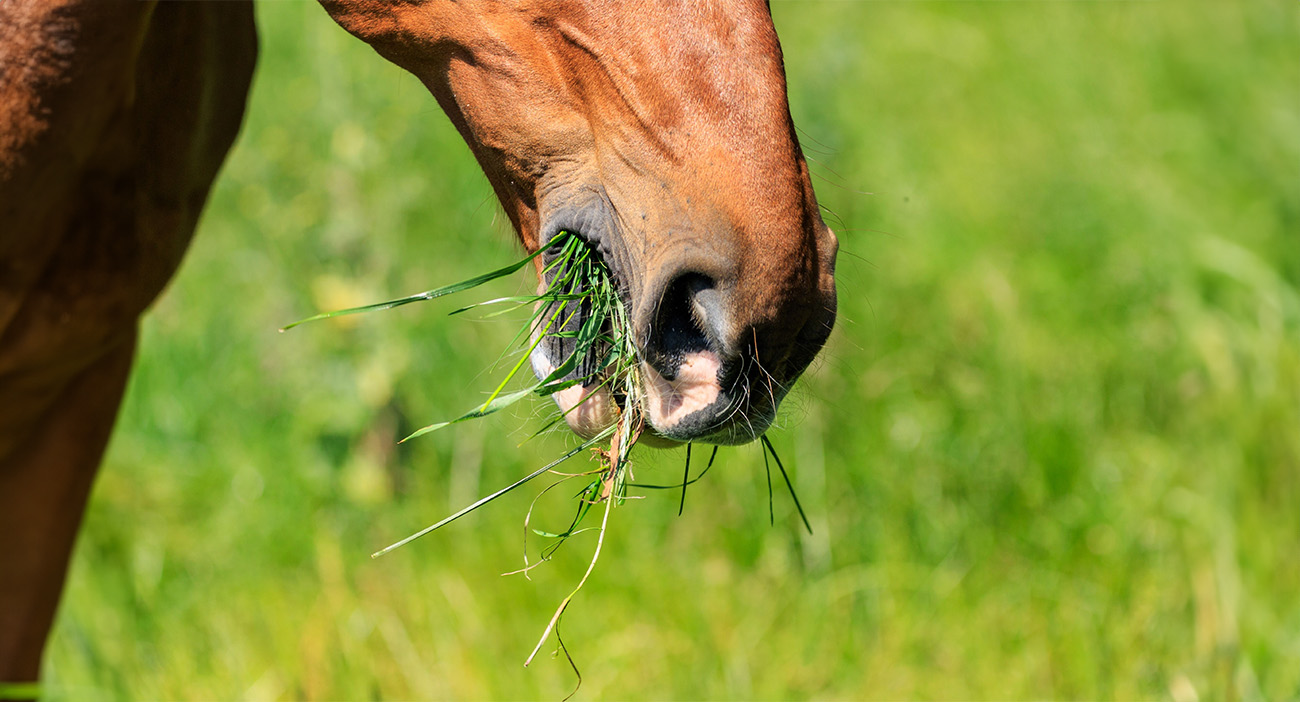
July 16, 2025
Do Horses Need Hay in the Summer?

May 22, 2025
Changing Your Horses Diet From Winter to Spring
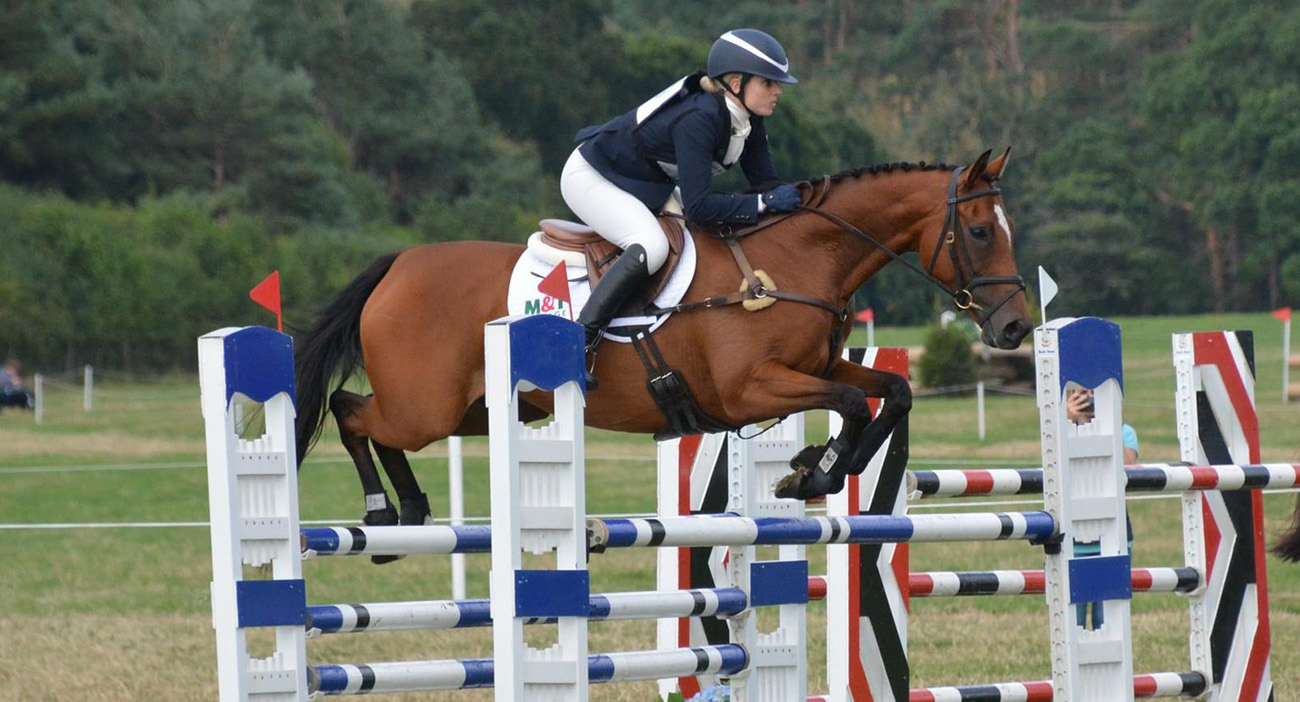
April 4, 2024
Eat, Sleep, Compete, Repeat
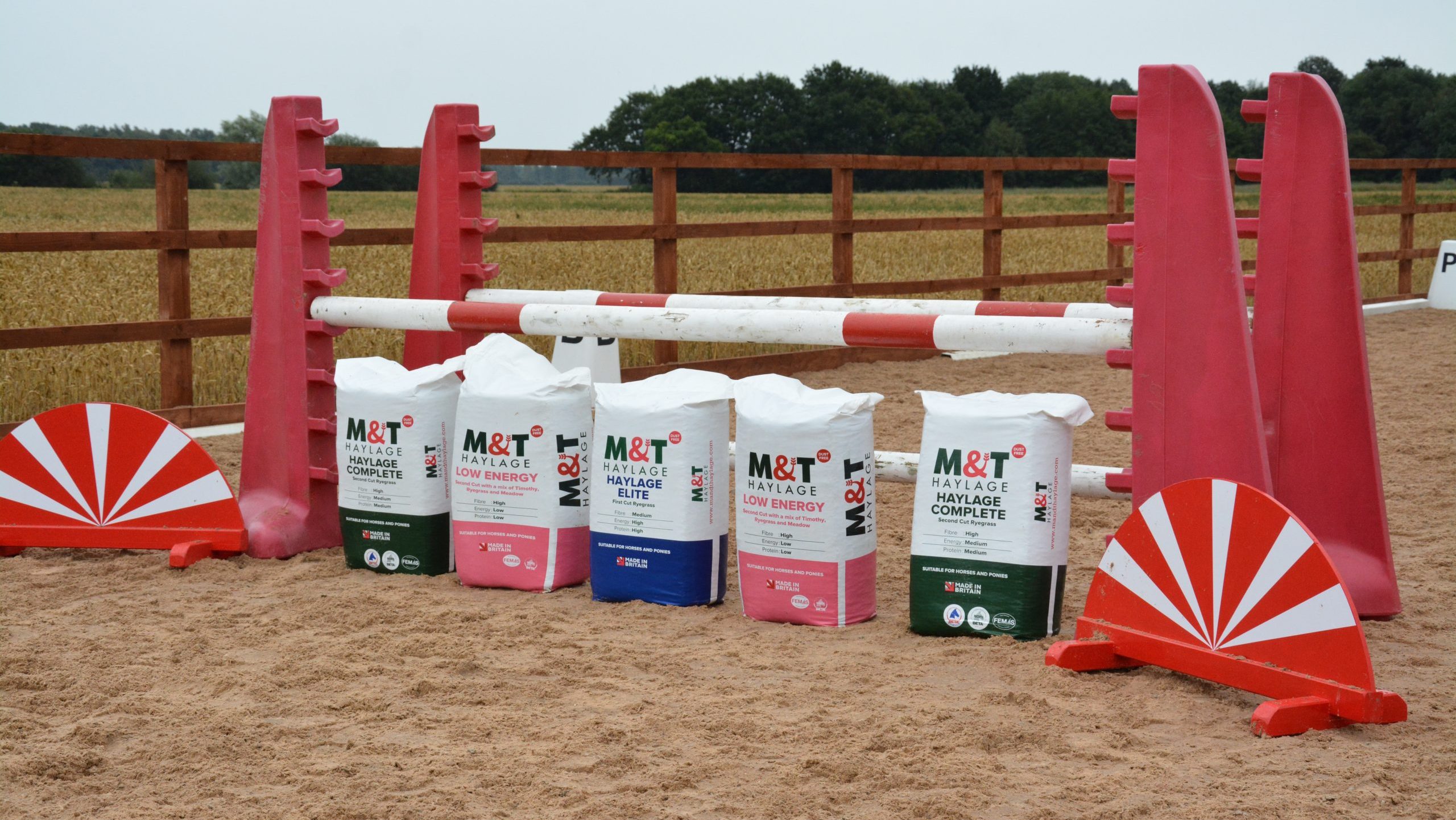
March 8, 2024
Top Tips For Managing Forage On The Go: Part Two

March 8, 2024
Consistency Is Key for Horses
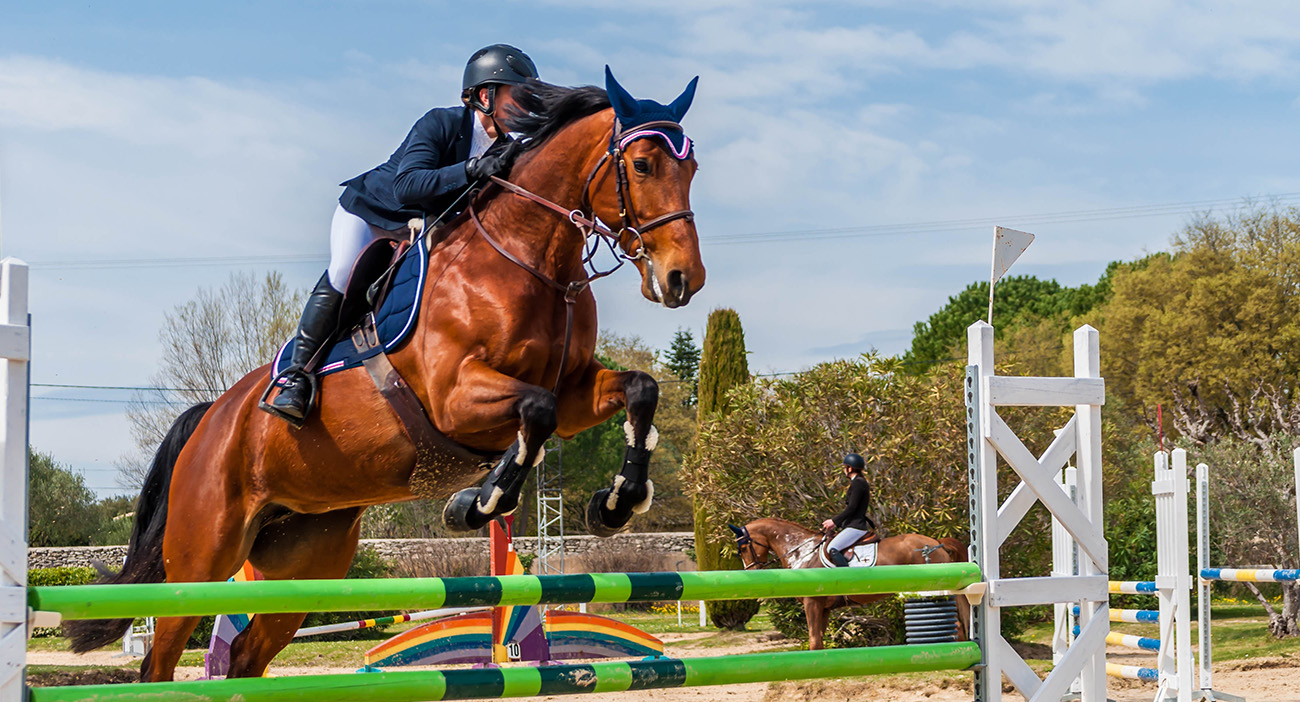
February 19, 2024
Don’t Underestimate The Value of Preparation
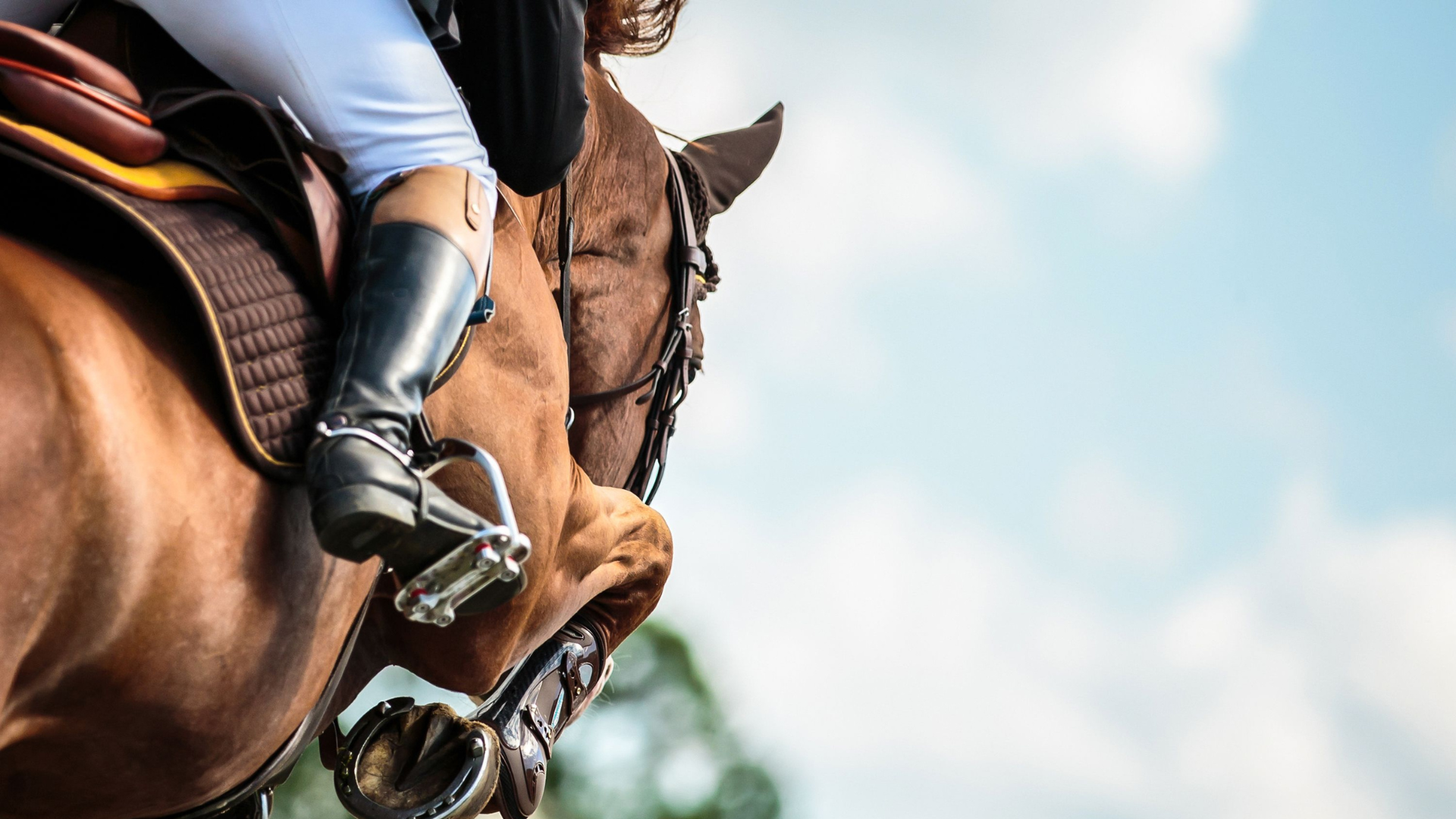
February 6, 2024
Know Your Horse Inside Out
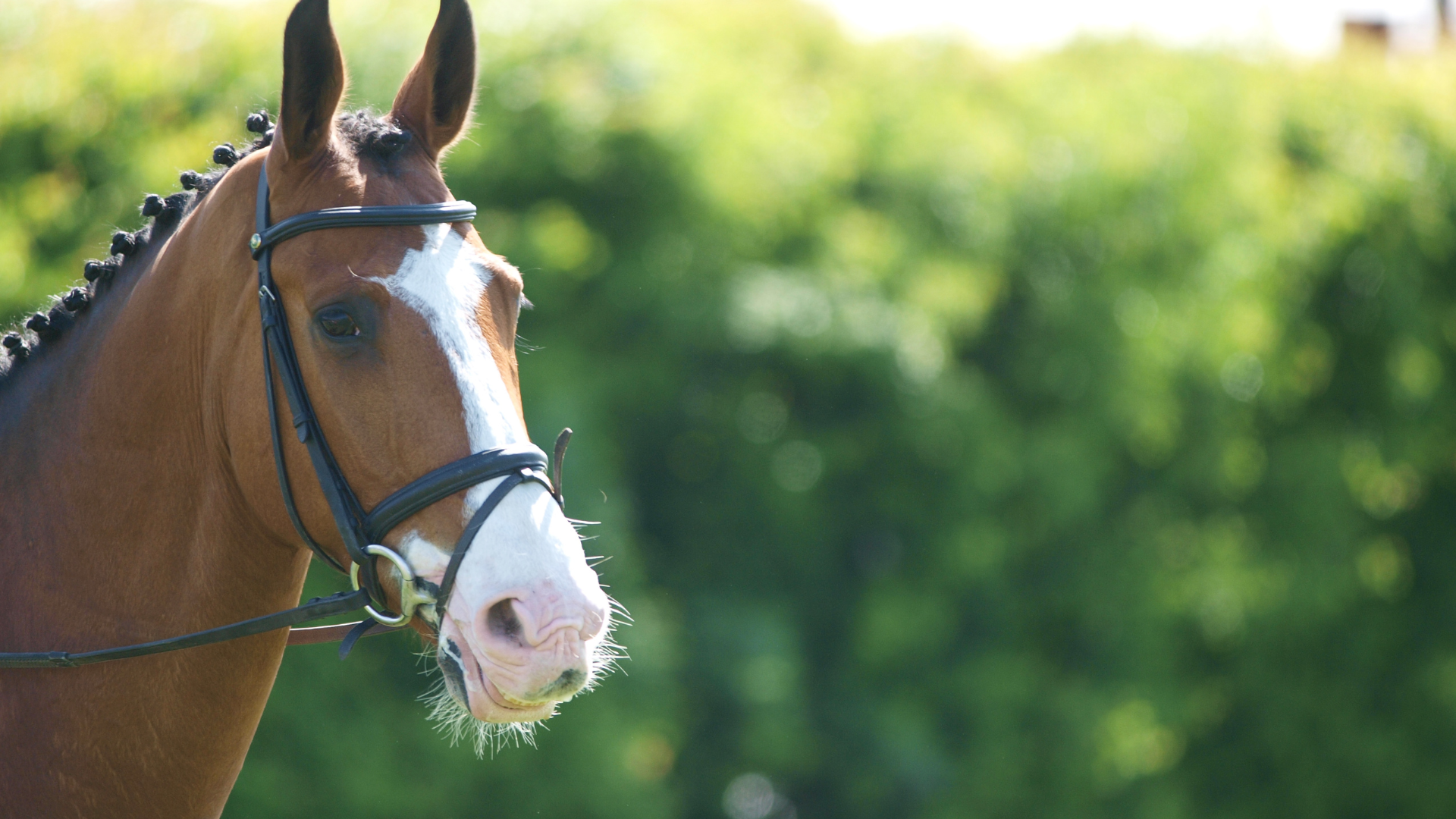
December 11, 2023
How To Get The Most Out Of Your Horse Forage During Winter

November 7, 2023
Which Hay Shall I Feed My Horse or Pony?

September 14, 2023
Hay Exportation – Why Choose British Hay?
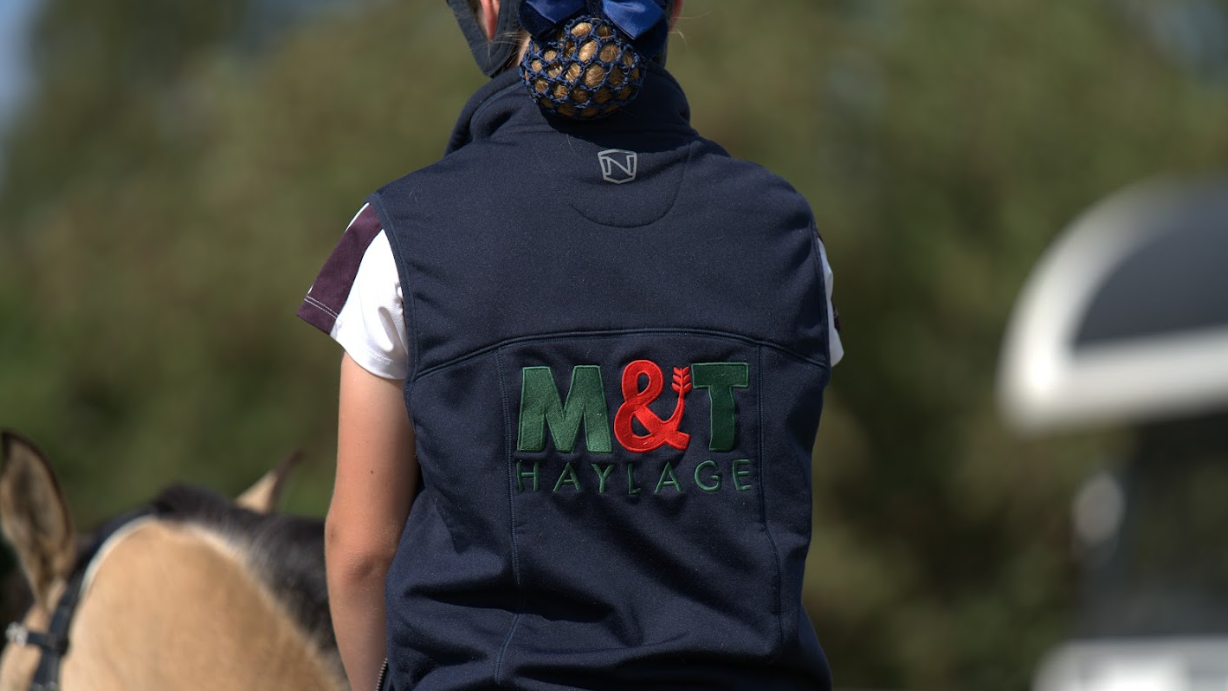
March 3, 2023
Hay vs Haylage: Which Is The Right Option For Your Horse?
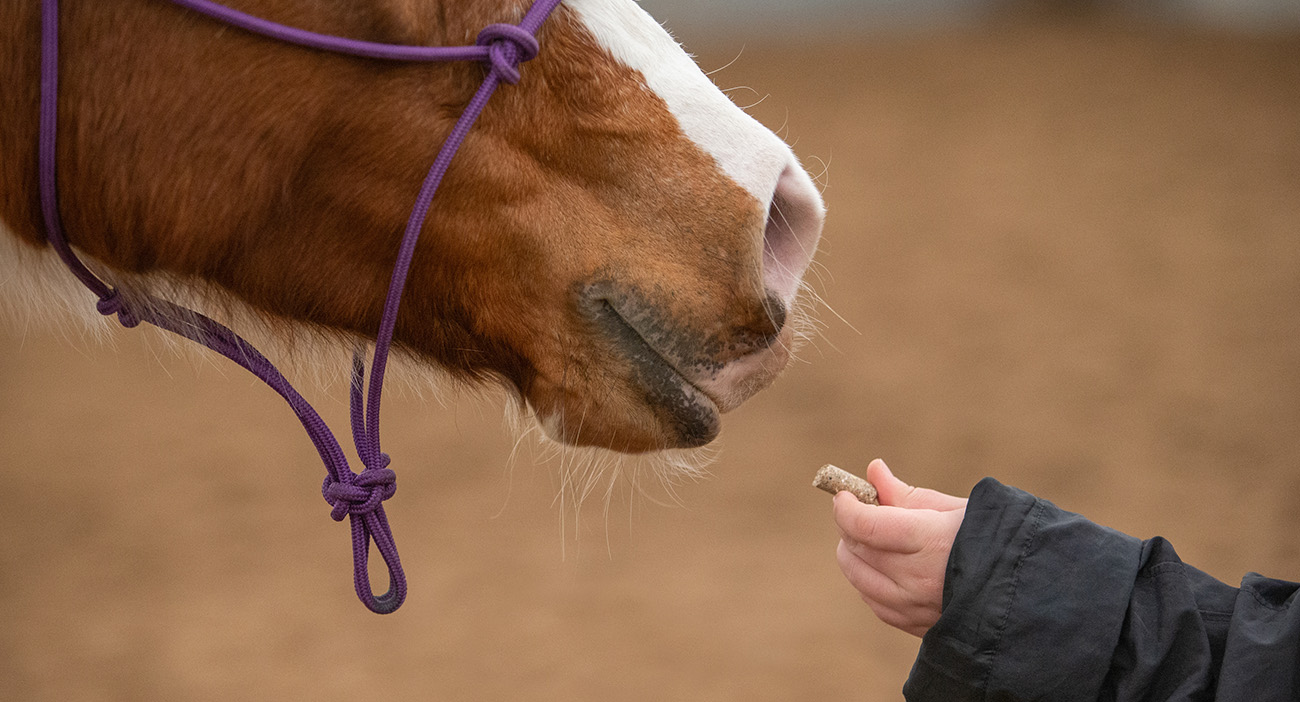
January 13, 2023
How To Bring A Horse Back Into Work After A Break
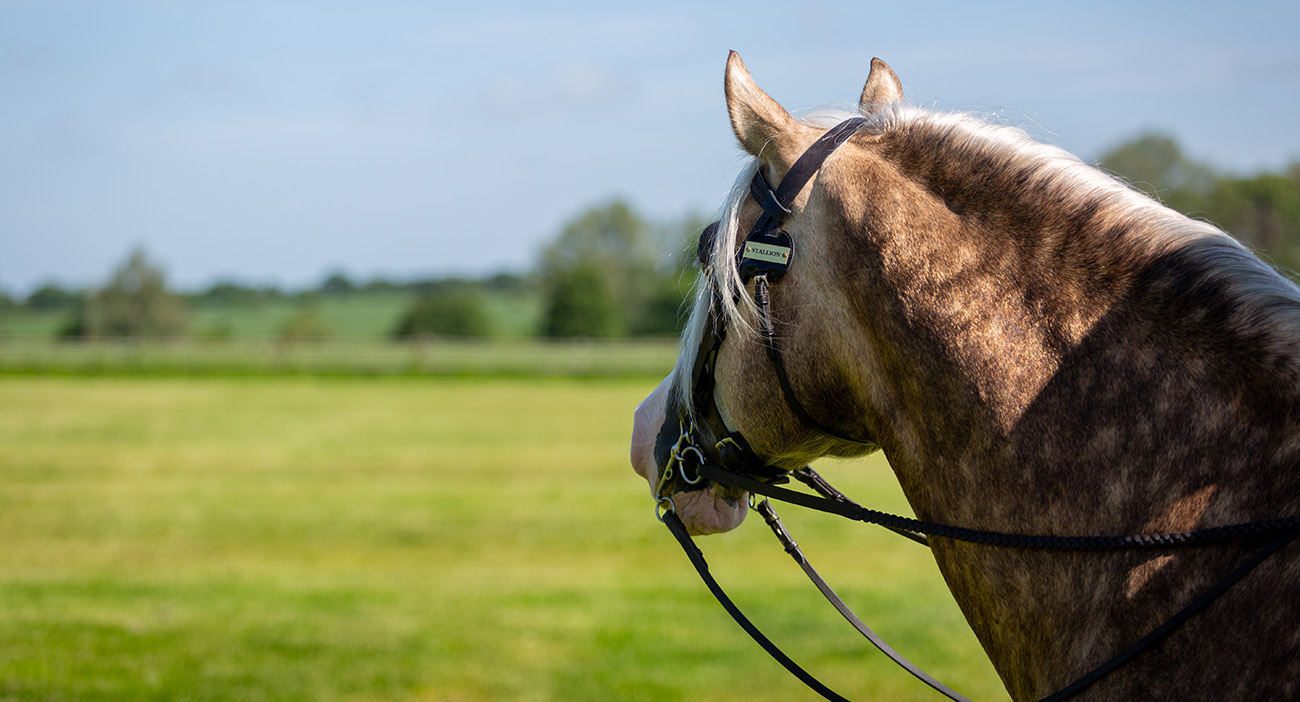
November 23, 2022
How To Body Condition Score Your Horse
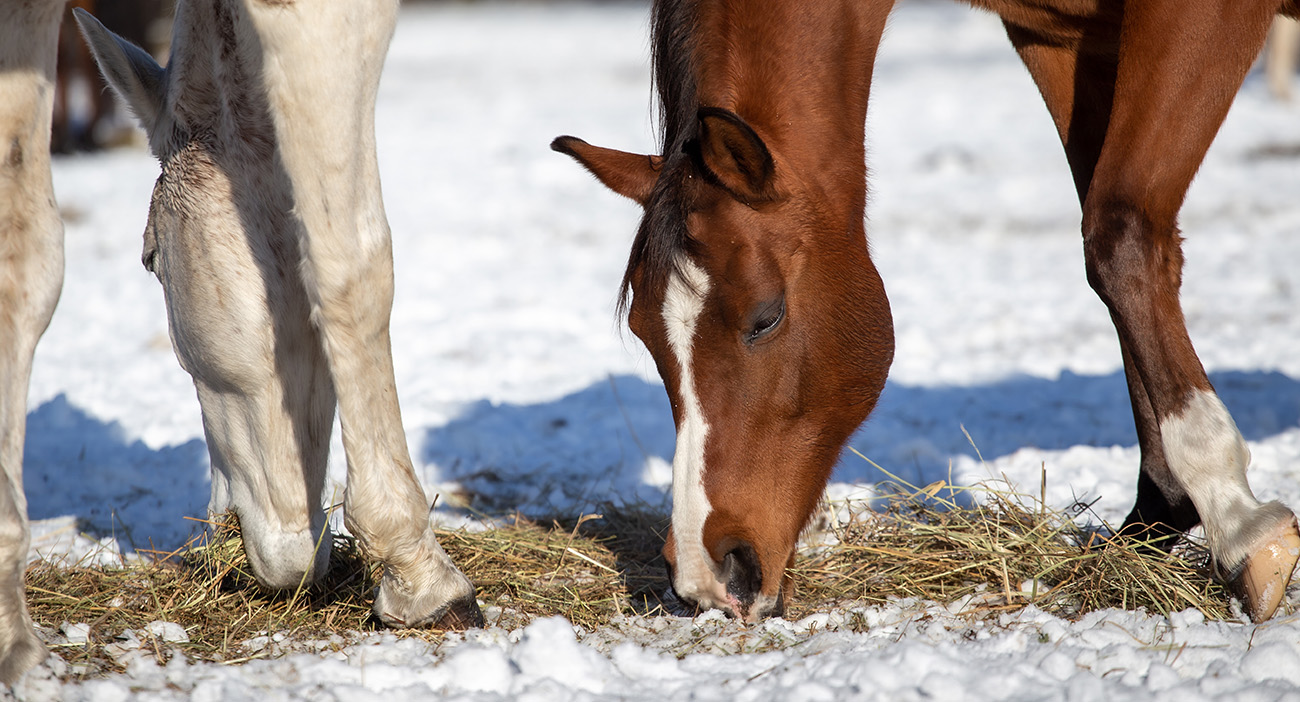
November 7, 2022
Winter Feeding Tips For Horse Owners
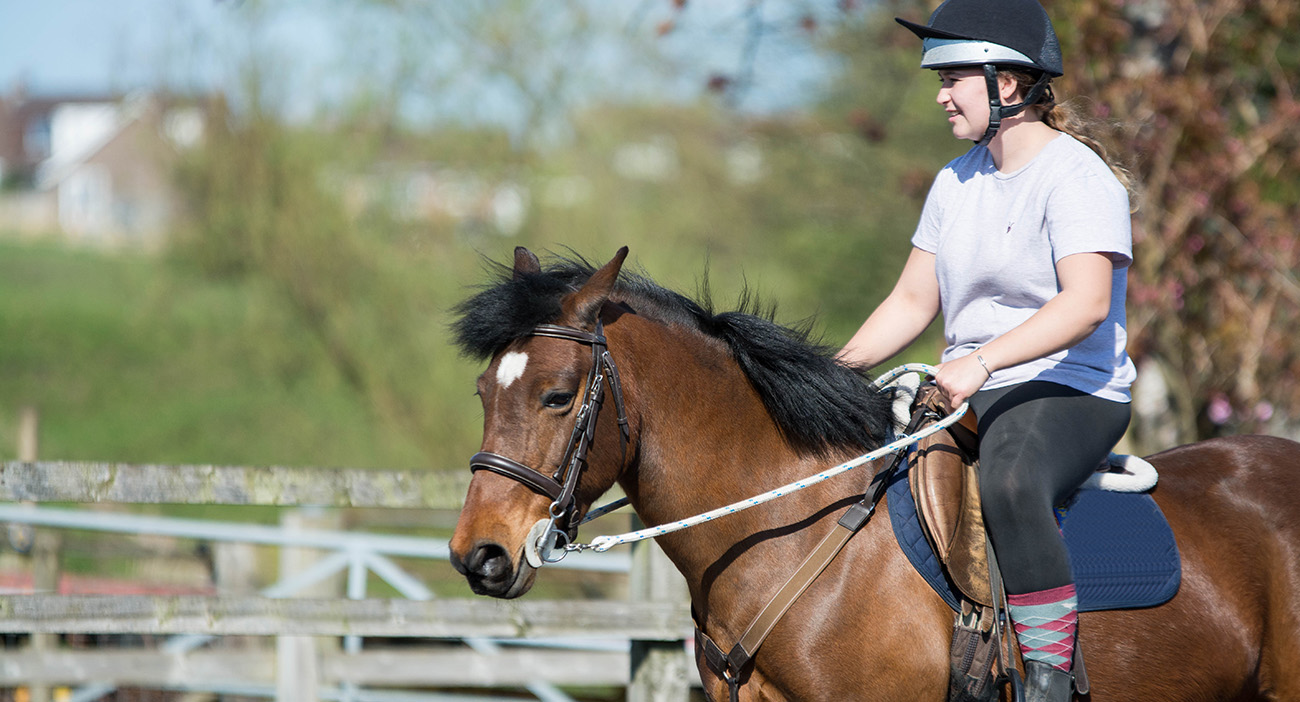
October 20, 2022
Money Saving Tips For Horse Owners
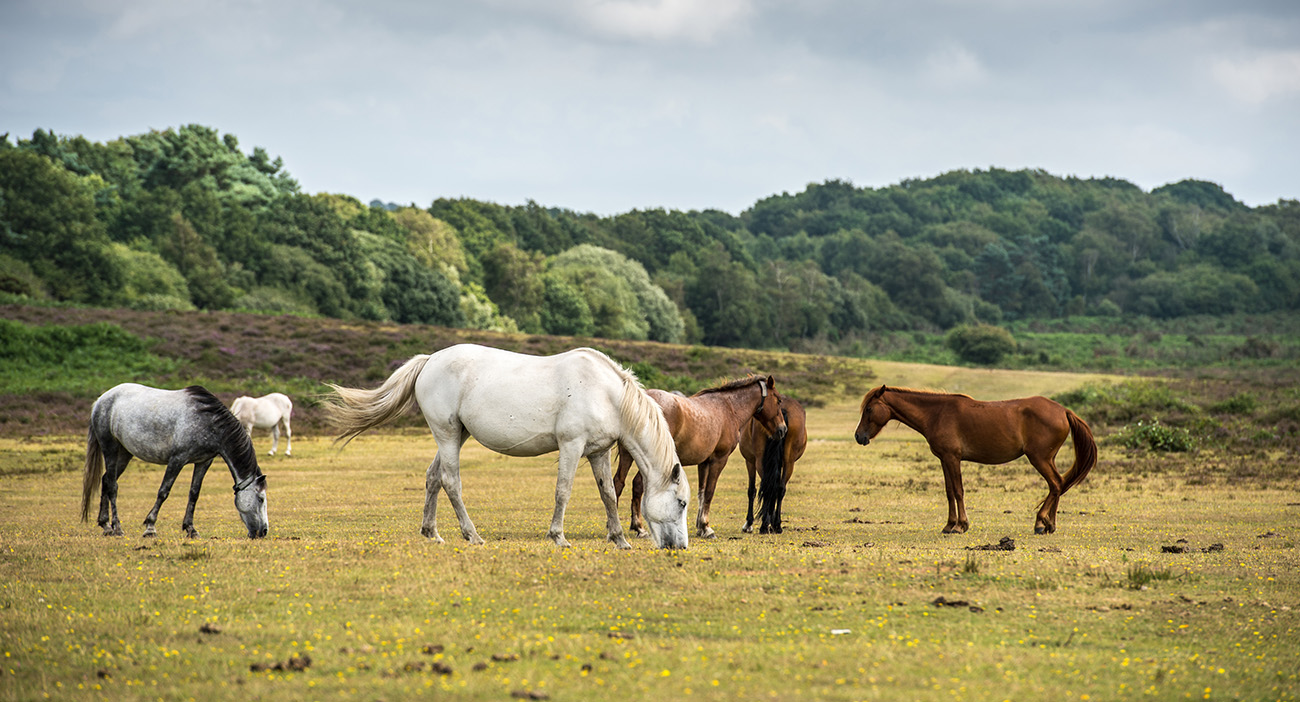
October 3, 2022
8 Ways To Keep Your Horse Entertained

September 30, 2022
Equestrian Question and Answer Session: Sophie Platt
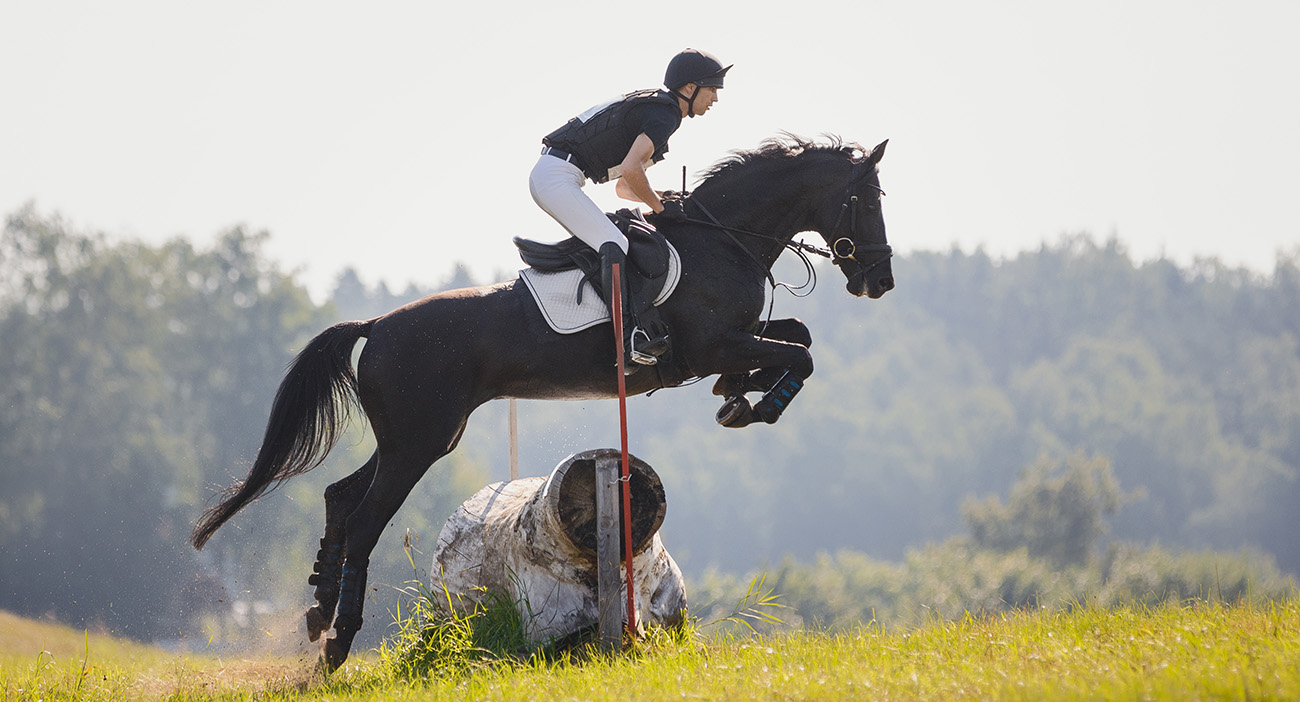
August 25, 2022
Preparing Your Horse For Competition
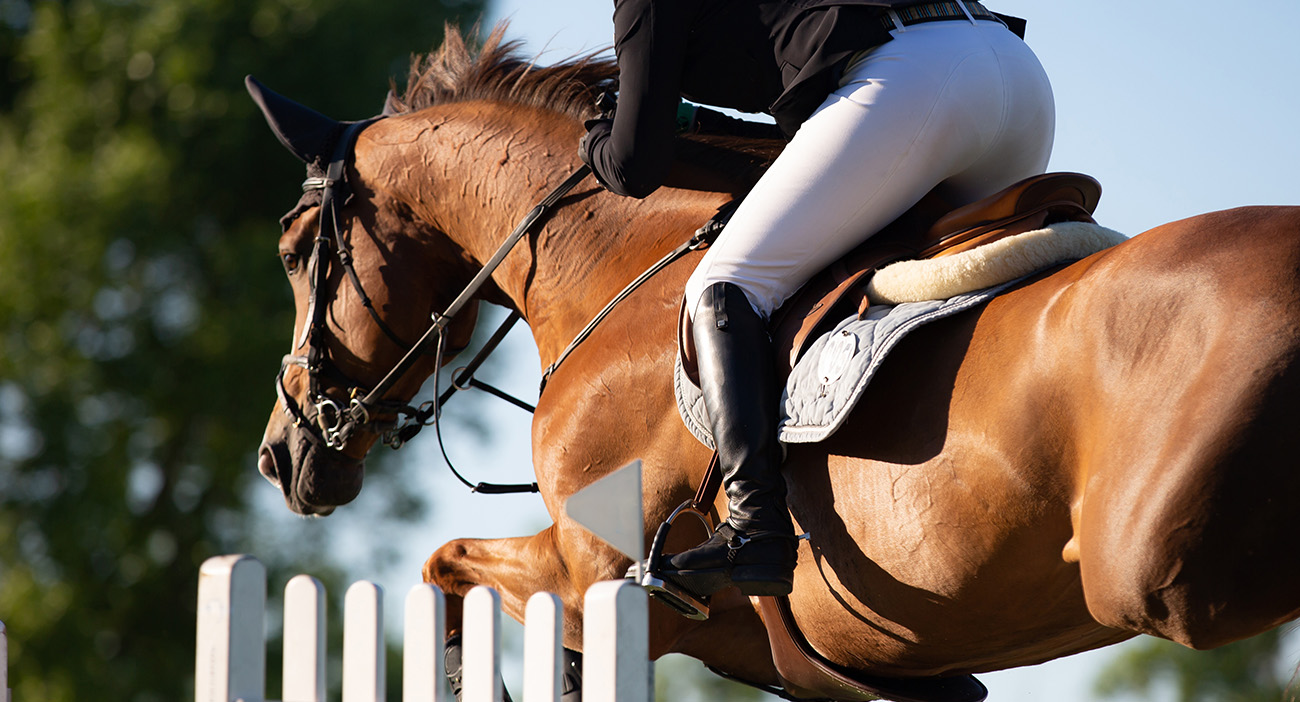
July 28, 2022
What Is Normal For My Horse?
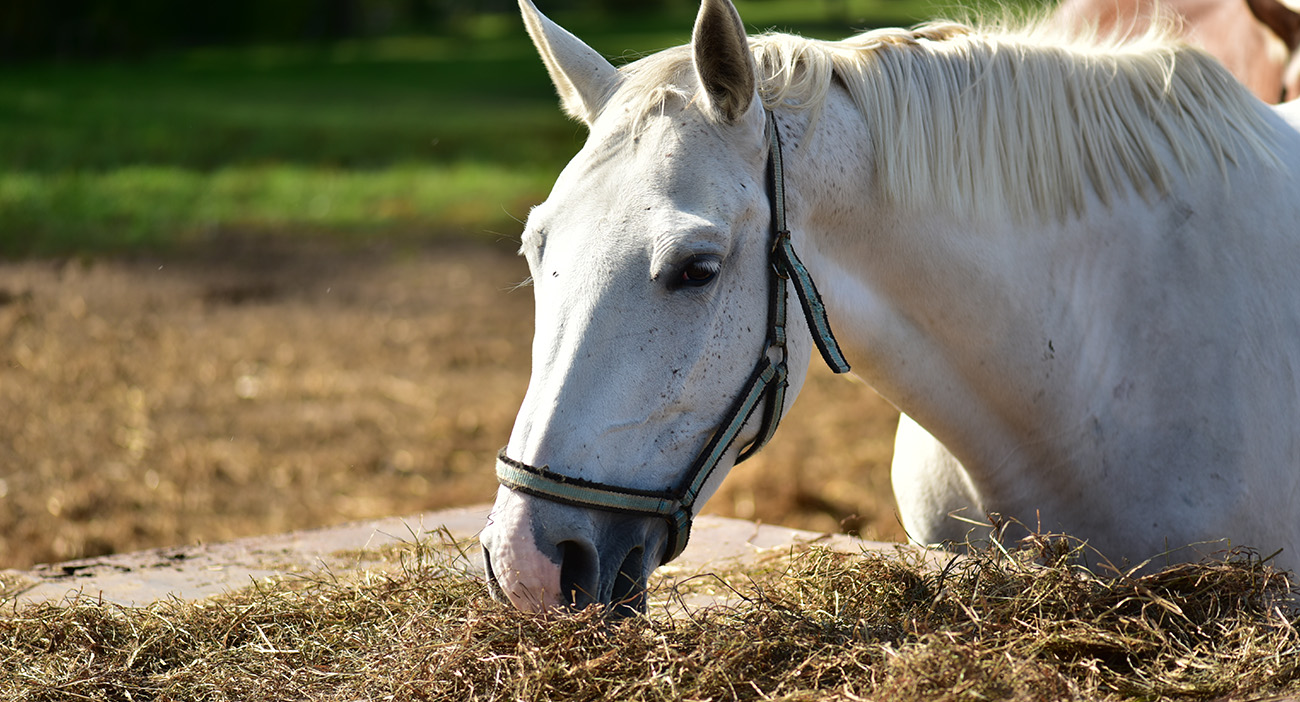
June 30, 2022
Compeition Horses: Managing Forage and Water Intake
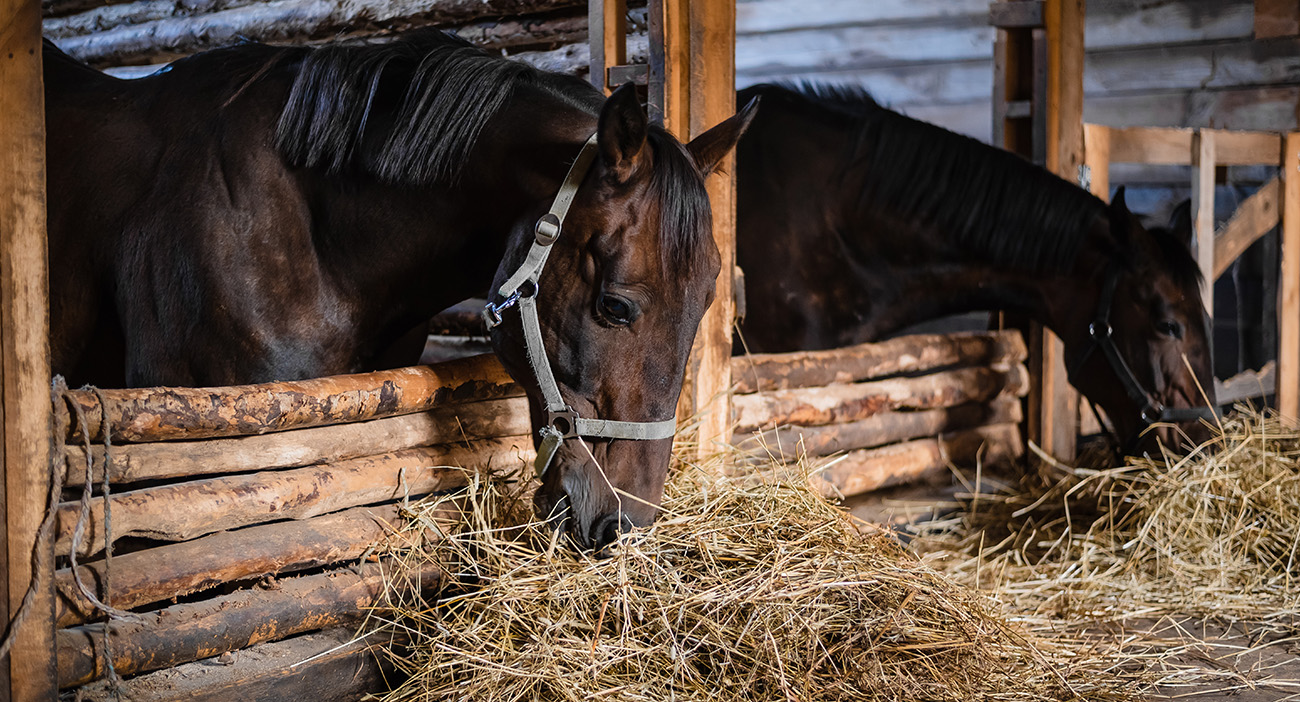
October 1, 2021
How To Feed EMS Horses: Nutritionist Top Tips For Horses
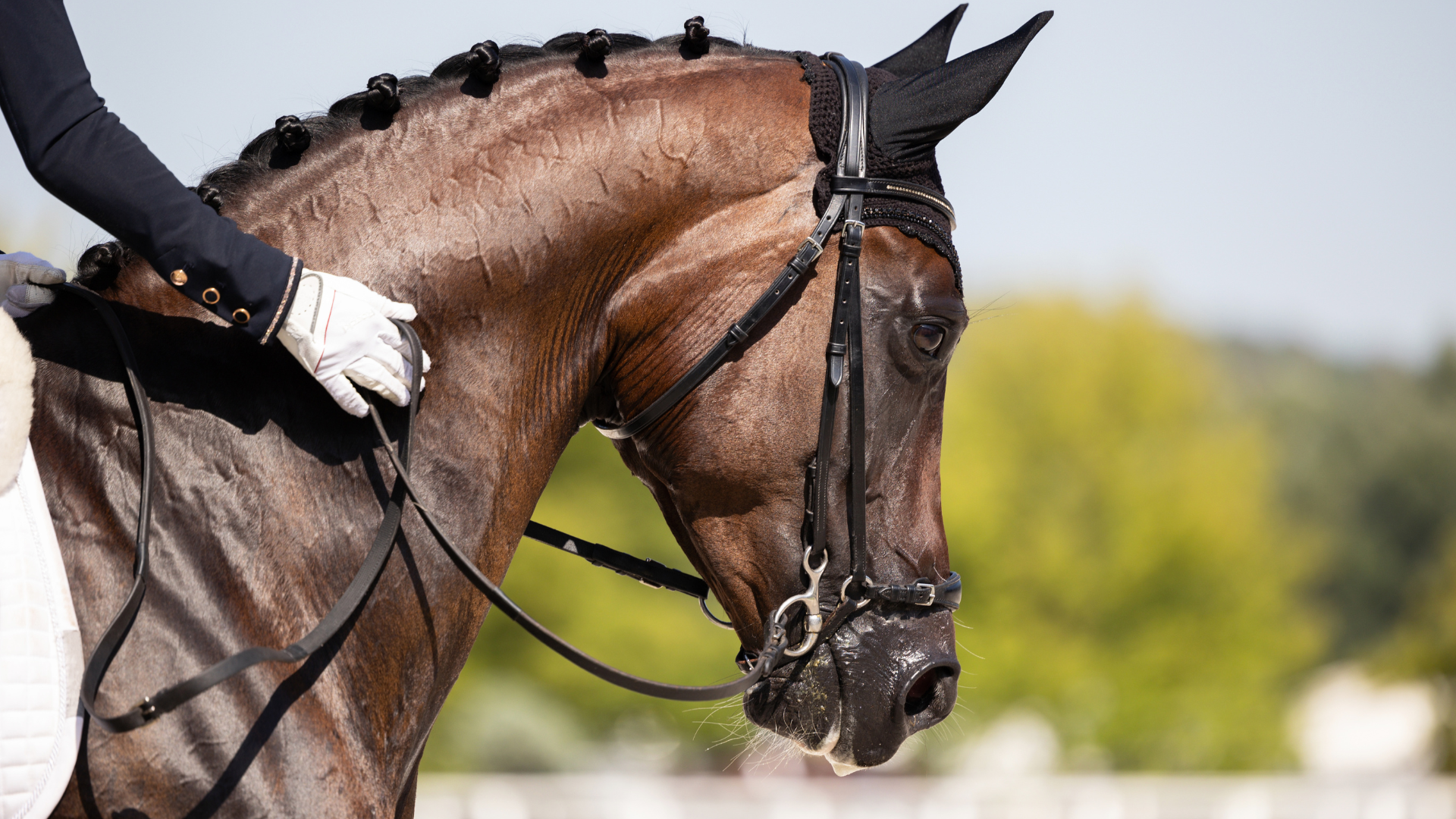
September 22, 2021
Feeding The Equine Athlete
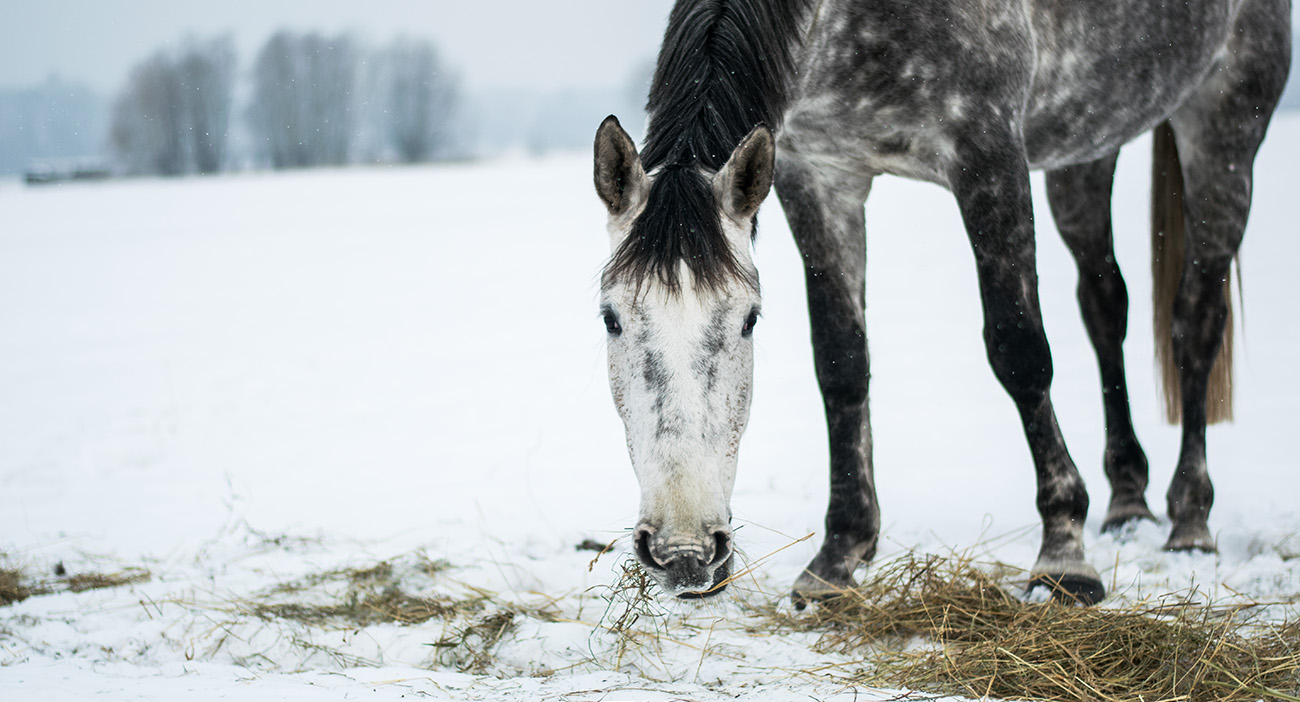
September 7, 2021
How To Feed Your Horse Indoors This Winter
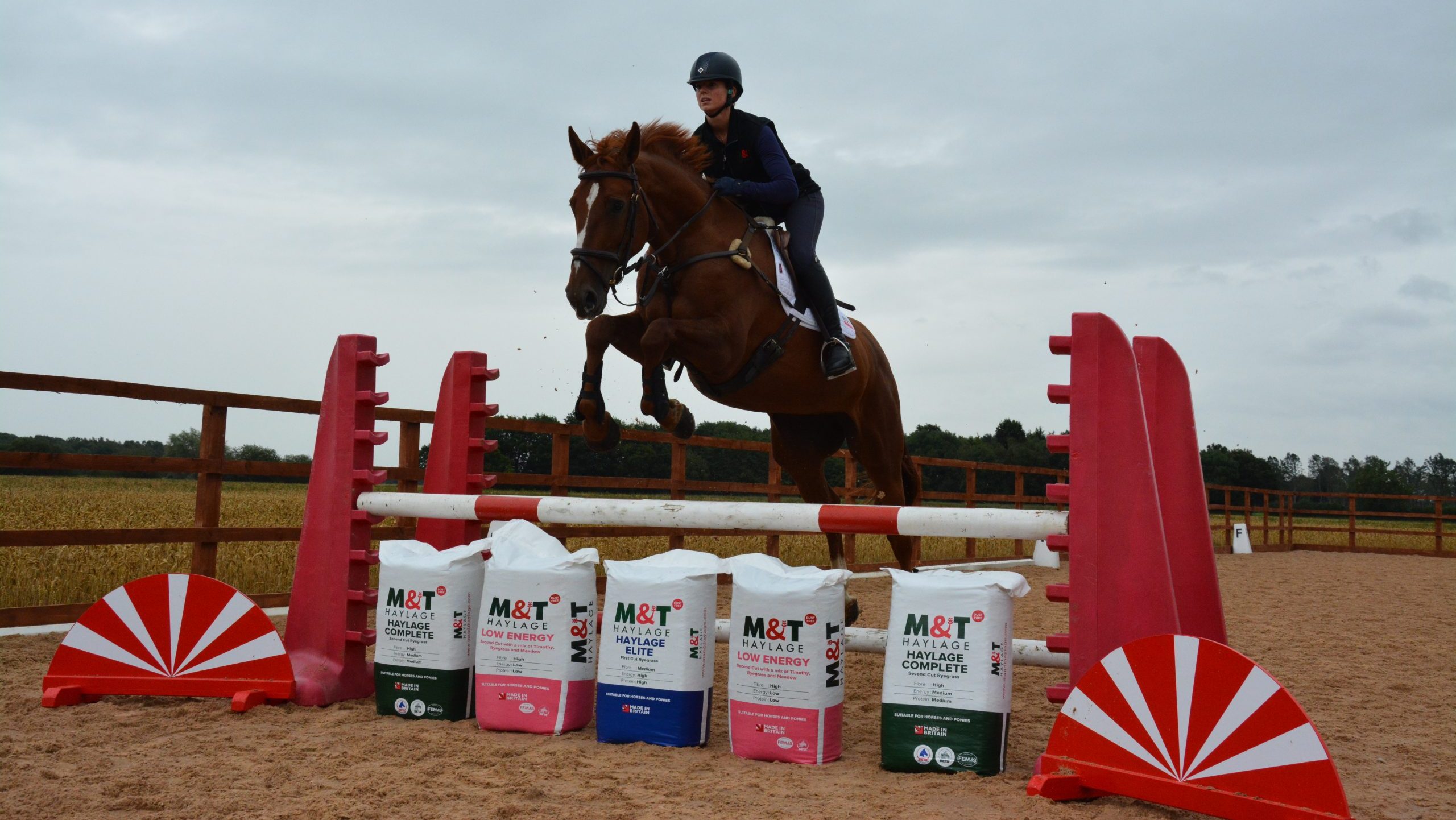
December 7, 2020
Premium Horse Forage: Ask The Nutritionist

July 9, 2020
Top Tips For Managing Forage For Horses On The Go: Part One
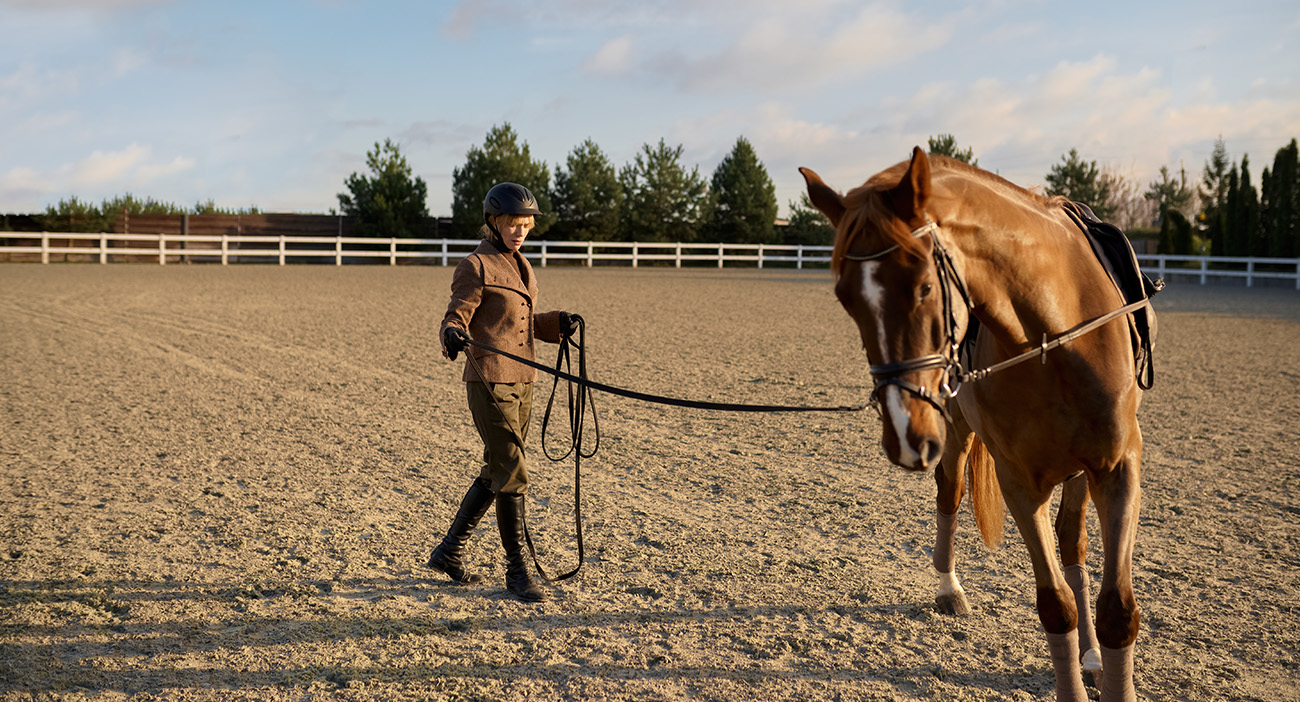
January 16, 2020
Haylage Myth Buster: Nutritionist Top Tips for Horses
